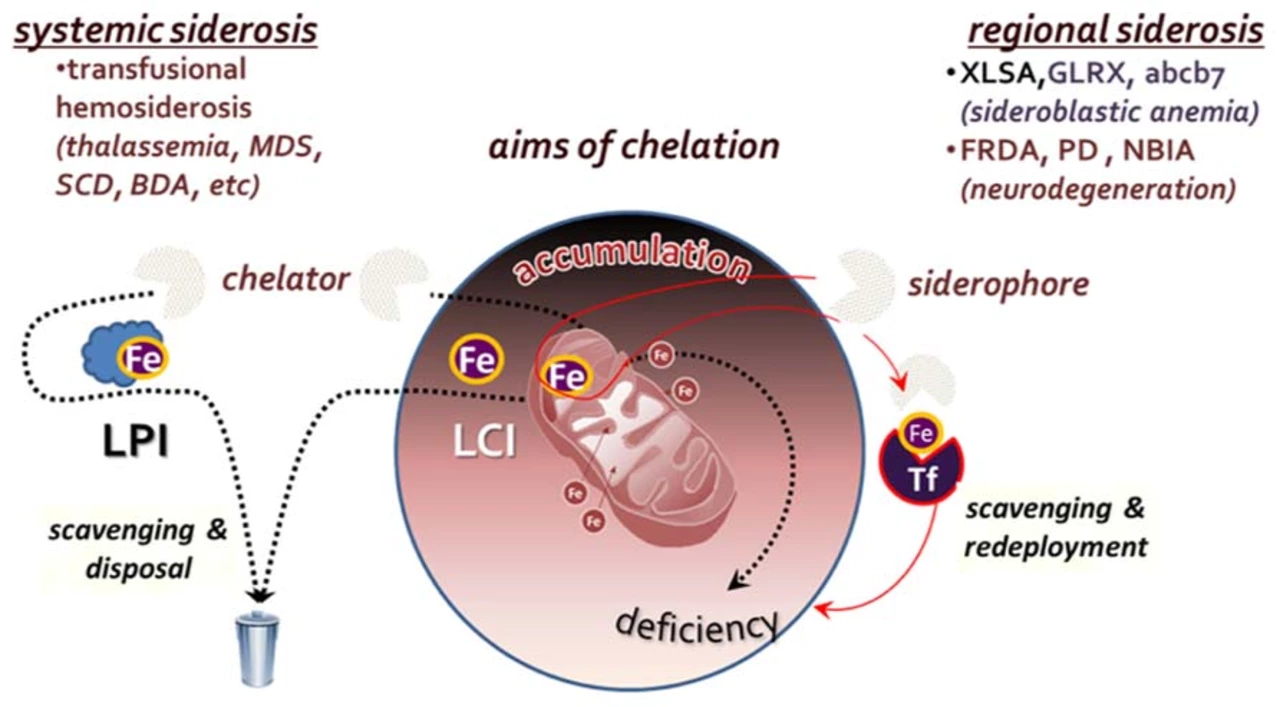Anemia often goes unnoticed, but it's crucial to understand how this condition can weaken our immune system. Nutritional deficiencies, particularly low iron levels, are the leading cause of anemia, and they directly affect our body's ability to fight off infections. When we don't get enough essential nutrients, our immune system struggles to produce enough white blood cells, leaving us vulnerable to illnesses. To keep our body's defenses strong, it's essential to maintain a balanced diet rich in iron, vitamins, and minerals. By prioritizing our nutrition, we can prevent anemia and support a healthy immune system, ensuring we remain resilient in the face of potential health threats.
Anemia: spot the signs and fix it faster
Feeling tired all the time, short of breath on small exertion, or just unusually pale? Those are common red flags for anemia — a low level of hemoglobin or red blood cells. It’s common, treatable, and sometimes a sign of something more serious. Know what to look for and what to do next.
What causes anemia?
There isn’t one single cause. The most common is iron deficiency from blood loss (heavy periods, stomach ulcers, or hidden gut bleeding). Poor diet, pregnancy, and poor absorption (celiac disease, certain stomach surgeries) also cut iron levels. Other causes: low B12 or folate, chronic disease (like kidney disease or inflammation), bone marrow problems, and some medications. Rarely, inherited conditions like sickle cell or thalassemia are responsible.
Type and timing matter. Microcytic anemia (small red cells) usually points to iron issues. Macrocytic anemia (large red cells) suggests B12 or folate problems. Normocytic anemia can be due to acute blood loss or chronic illness. A simple blood test distinguishes these quickly.
How doctors check and what tests mean
A basic CBC (complete blood count) shows hemoglobin and mean cell volume (MCV). Ferritin and transferrin saturation tell whether iron stores are low. B12 and folate levels rule out macrocytic causes. Reticulocyte count shows if the bone marrow is making new red cells. If tests don’t explain it, a doctor may check your stool for hidden blood, order GI scans, or test for kidney or autoimmune issues.
Simple treatments and prevention
Iron-deficiency anemia: oral ferrous sulfate or ferrous fumarate is the usual start. Take with vitamin C (a glass of orange juice) to help absorption. Avoid tea, coffee, calcium pills, and antacids within two hours of iron. If you can’t tolerate pills or have absorption problems, IV iron is quick and effective.
B12 or folate deficiency: B12 injections work fast when levels are very low, but high-dose oral B12 also helps. Folate is treated with oral supplements and diet changes.
Treat the cause: stop bleeding, adjust medicines that cause anemia, or manage chronic disease. Severe anemia with chest pain or fainting may need a blood transfusion — that’s an emergency, not something to wait on.
Diet tips that actually help: eat red meat, poultry, fish, beans, lentils, dark leafy greens, and iron-fortified cereals. Pair non-heme iron (plants) with vitamin C. For picky eaters or vegetarians, a daily iron supplement may be needed under doctor guidance. Pregnant women and young children should be screened and treated early.
How fast does treatment work? Expect energy to improve in 2–6 weeks with oral iron; full recovery can take 2–3 months and you should keep taking iron for about 3 months after labs normalize to refill stores.
Worried about symptoms or sudden worsening? Chest pain, fainting, severe breathlessness, or black stools need urgent care. Otherwise, start with a primary care visit and simple blood tests — most cases are straightforward to fix.

